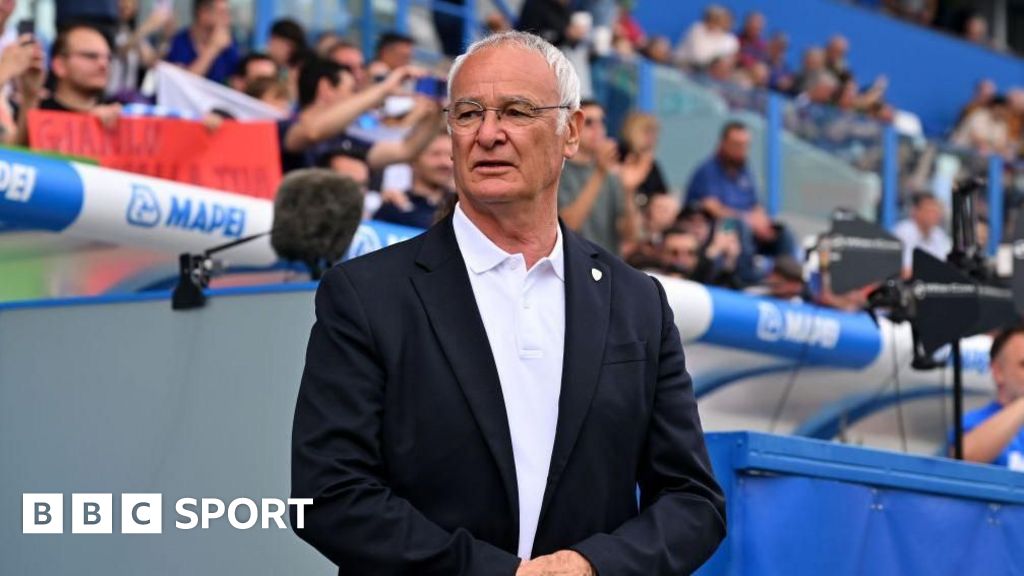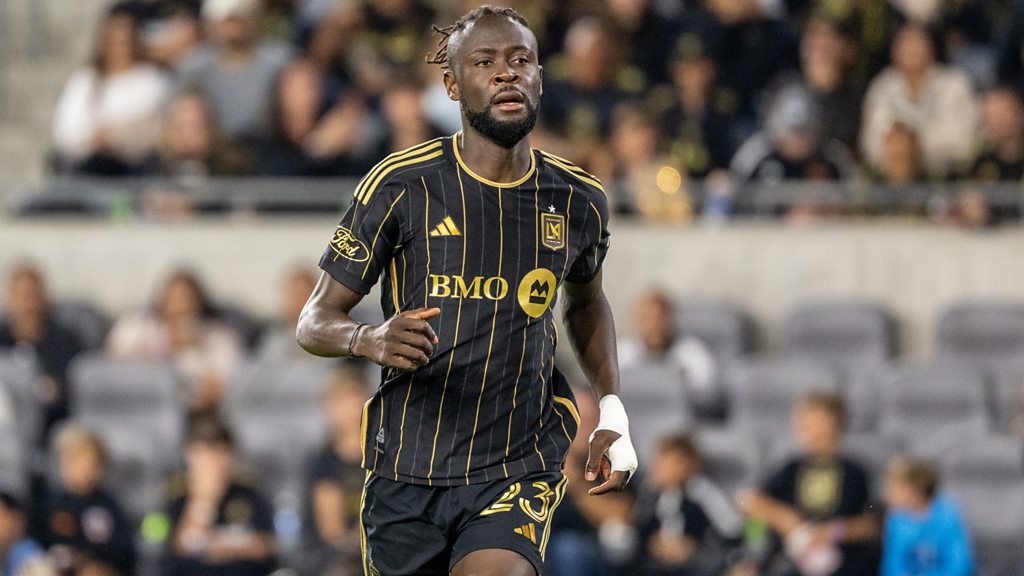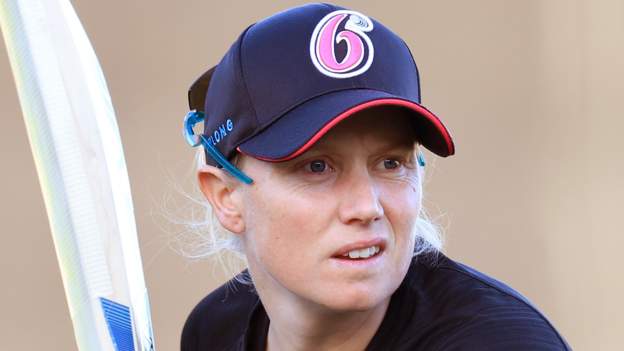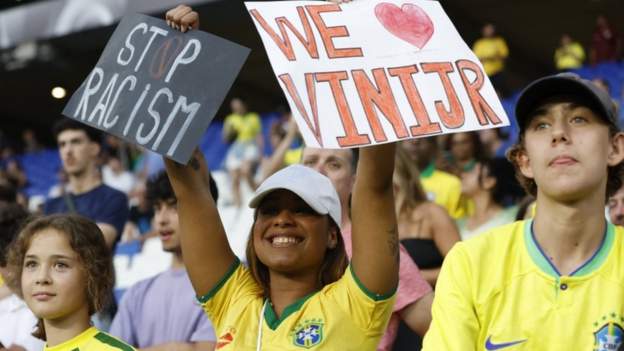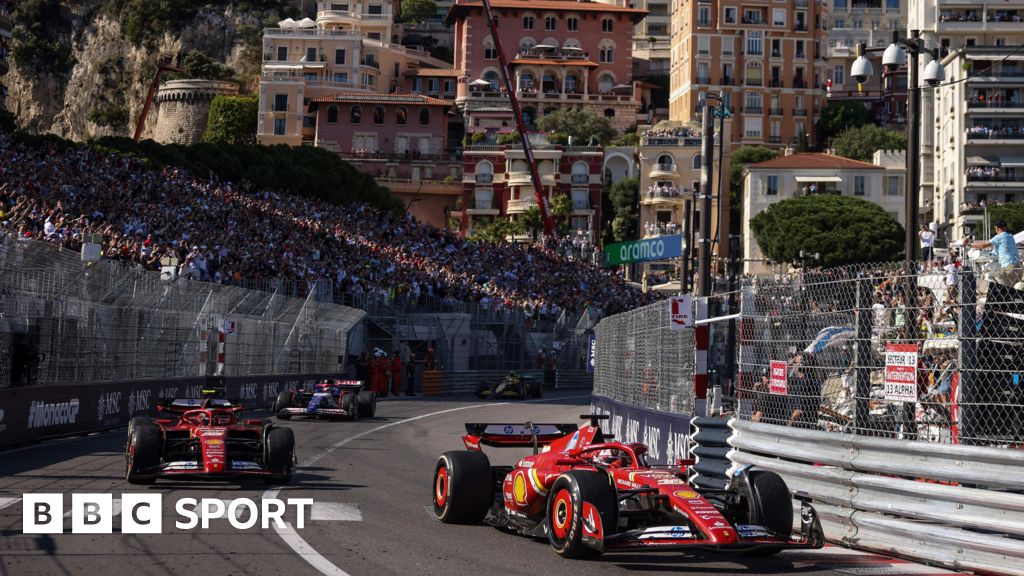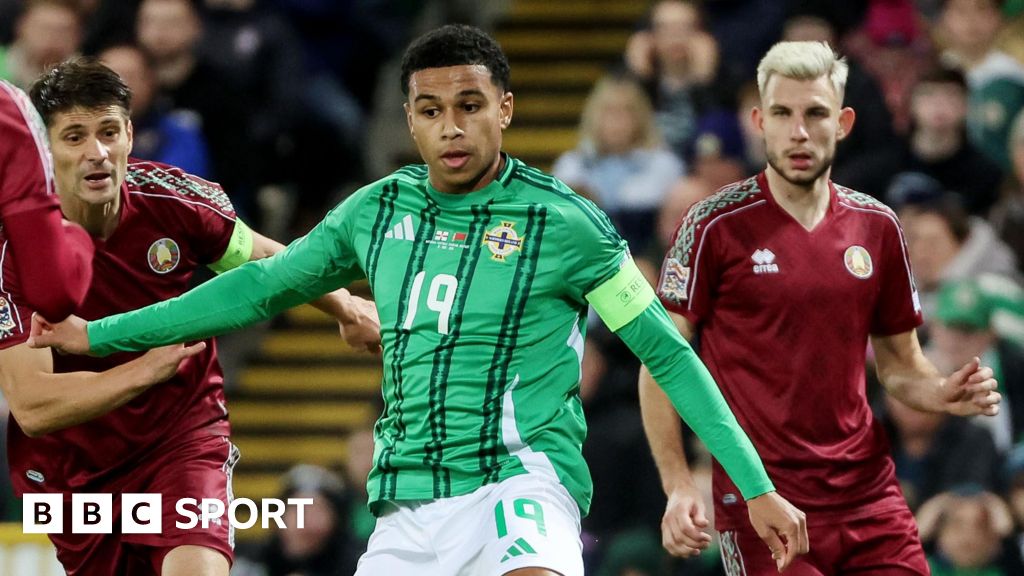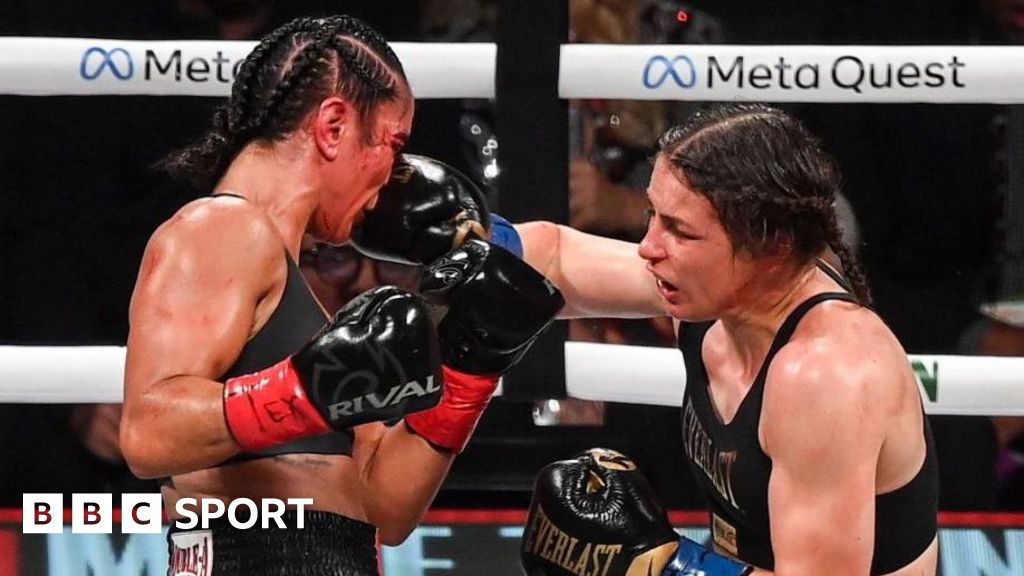There have been recurring themes to England’s Rugby World Cup campaign.
Any media conference has invariably referenced Owen Farrell’s qualities as a player and a person, the low expectations others had of the team coming into the tournament and, most consistently, the importance of England’s fans.
Eddie Jones’ reign as coach ended in acrimony at Twickenham a year ago. That was another defeat by South Africa. The margin then was wider and the mood was mutinous. A chunk of the fans who hadn’t already left, booed at the final whistle.
Despite winning five games on the trot in France, they hadn’t totally won over the travelling fans before Saturday’s semi-final rematch against the Boks.
Kick-heavy tactics have brought some groans, close shaves against Samoa and Fiji have fuelled doubts, the loyalty to veteran performers hasn’t always been popular in the stands.
It is strange then that a try-less defeat, in which the majority of the starting XV was made up of 30-plus-year-olds, should be the one that convinces supporters and points the way to the future.
Their latest loss to South Africa came via a performance of backbone, heart and brain. The belief and bonds England had spoken of were evident in the 80 minutes and then again as tears were spilled and words crossed with the opposition in the aftermath.
England had committed to Borthwick’s masterplan – to pepper South Africa’s back three with kicks, chase like rabid hounds and graft in the set-piece – and to each other.
It was an irresistible open invite to buy in and board the bandwagon. England’s fans responded with decibels and even the locals, initially unsure whether their cross-Channel rivals or last-eight conquerors were the best of a bad bunch, seemed to swing behind the white shirts.
It was a performance that recalled the cussed stubbornness of great England teams past. It was a statement for supporters to get behind.
The unity forged in disappointment and defeat will help them come back stronger.
But there are some difficult decisions looming for the coach and his players though.
Captain Owen Farrell (31), Courtney Lawes (34), Joe Marler (33), Jamie George (32) and Manu Tuilagi (32) are among those who may not be ready to commit to Australia 2027 and another four-year cycle.
Thirty-six-year-olds Dan Cole and Danny Care certainly won’t, while Jonny May, 33, has already said that he is likely to retire from international rugby after this tournament.
England’s meandering selection decisions over the past few years, which have seen players come and go from the set-up or being shifted around positionally, means the transition won’t be seamless.
That a clutch of players will ply their club trade in France, making them ineligible for international selection, is an added complication.
But it was clear through the rain at the Stade de France, that some of the keystones of a new England are already in place.
Freddie Steward, still just 22 and England’s player of the season for the past two, was impeccable, dominating in the air and making the second-most metres of any player on the pitch with ball in hand.
George Martin, also 22, was called into the second row and ruffled the Springboks with his appetite for destructive tackling.
The 23-year-old he replaced in the starting line-up – Ollie Chessum – has had a good tournament, galloping in the loose and getting through dirty work in the tight.
Ben Earl, 25, has been outstanding while Marcus Smith, Ollie Lawrence and Henry Arundell, all 24 or younger, have been backline bright sparks.
Maro itoje, once a prodigy himself and seemingly back to somewhere near his best after a year hampered by illness, could be the senior squad member to lead them down under.
There are gaps. England’s scrum creaked, perhaps decisively, when the wisdom and wiles of Cole and Marler departed. But there is hope as well.
“That 23, seven players are 25 or under, the most of any semi-finalist,” said Borthwick of his matchday squad afterwards. “There’s a great blend and there will be lots of things we can take forward.
“The players should be incredibly proud.”
As England bowed out, that pride spread far further, into the stands, across the sea and to fans back home.
Bringing home the William Webb Ellis Cup ahead of world rugby’s powerhouse quartet – South Africa, New Zealand, France and Ireland – was always a long shot.
Restoring belief is a satisfying consolation though.

